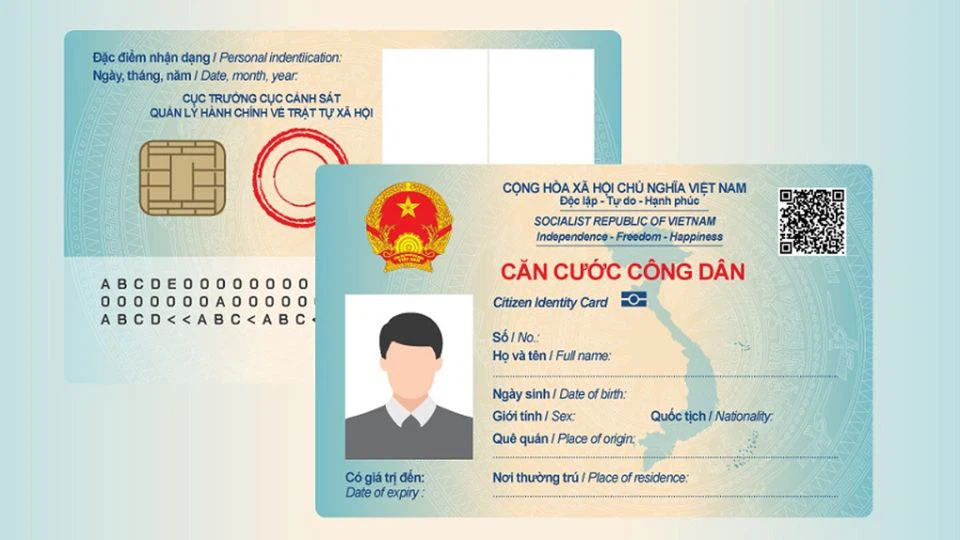Winter: A Season of Heightened Stroke Risks
According to the National Center for Hydro-Meteorological Forecasting, northern Vietnam will continue to experience dry and cold weather this week, with temperatures dropping below 10°C in mountainous regions. The coldest hours are usually from night to early morning.
Dr. Doan Du Manh, a member of the Vietnam Vascular Society, states that the winter season sees a 20-30% increase in stroke cases, especially among the elderly and those with pre-existing conditions such as hypertension, diabetes, and cardiovascular diseases. Thus, winter is considered a stroke-prone season by medical experts.
Additionally, exercising without proper precautions in cold weather can lead to stroke risks across all age groups.
Dr. Manh emphasizes the importance of adequate physical activity for maintaining health and boosting immunity. However, incorrect exercise routines can have negative consequences and severely impact one’s well-being.

Incorrect exercise routines can severely impact one’s health and well-being.
Early Morning Exercises: A Potential Stroke Trigger
One common mistake during winter workouts is starting too early in the day. Dr. Manh explains that when we abruptly leave our warm beds and step into the cold for morning exercises, it can cause blood vessels to constrict suddenly, leading to increased blood pressure. Moreover, as our bodies are in a resting state during sleep, our blood tends to be thicker in the morning. If blood pressure rises due to exposure to cold air, the risk of cerebral hemorrhage (brain bleeding) or blood clots blocking blood vessels increases.
He advises against exercising before 6 am, even for healthy individuals. Those with health issues or the elderly should wait until the sun is up and the air is warmer. For early birds who enjoy morning exercises, Dr. Manh suggests warming up indoors before stepping out and always ensuring a proper warm-up routine before any physical activity.

Warm up indoors before stepping out into the cold for your morning exercise routine.
Safety Tips for Winter Workouts
During seasonal changes, especially in winter, maintaining health through physical activity is crucial, especially for the elderly. Sufficient sleep is essential, and upon waking, light movements around the bed can help prepare the body for the day. Older adults should opt for low-impact exercises suitable for their fitness levels and avoid extreme cold or hot weather conditions.
For individuals with hypertension, checking blood pressure before exercising is a must. If it’s high, postpone the workout. During the exercise, pay attention to your body, and stop immediately if you experience any unusual symptoms.
For teenagers and young adults, choosing exercises that match their fitness levels is vital to avoid overexertion.
“While anyone can experience a stroke, the elderly and those with pre-existing conditions are at a higher risk,” Dr. Manh emphasizes.
To prevent strokes during winter workouts, Dr. Manh offers the following advice:
– Always warm up thoroughly before stepping out into the cold or starting any sports activity.
– Dress appropriately for the cold weather to avoid hypothermia.
– Drink warm water after waking up and before exercising to stay hydrated and promote circulation.
– Refrain from early morning exercises when the temperature is at its lowest.
Coffee Isn’t for Everyone: 5 Groups Who Should Think Twice Before Taking a Sip
Coffee is a beloved beverage for millions of people worldwide, renowned for its ability to boost alertness and productivity. However, it’s important to note that coffee may not be suitable for everyone. In fact, there are five key groups of individuals who should carefully consider their coffee consumption.





































